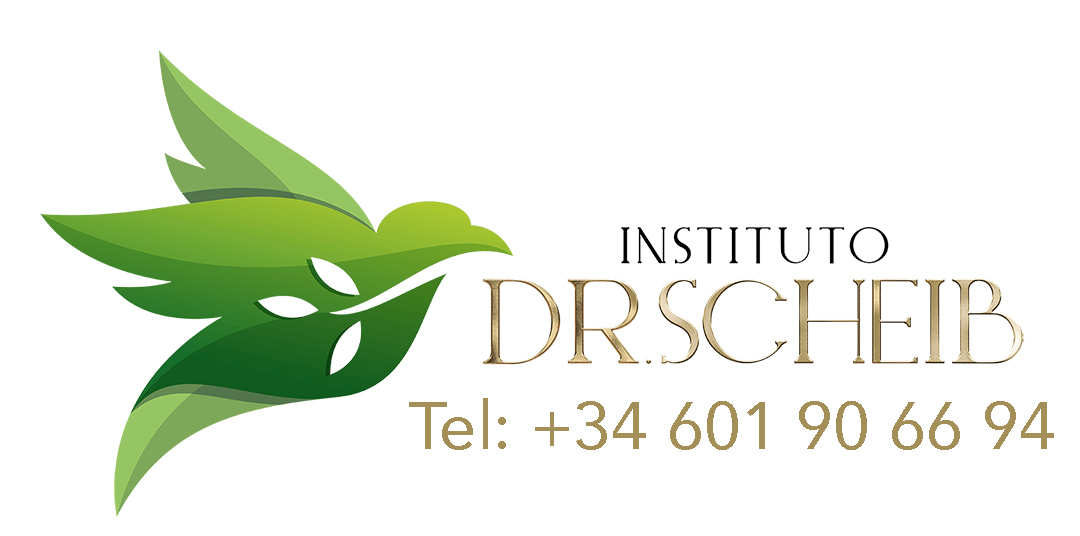Ketamine & Related Compounds for Psychiatric Disorders | 21st – 23rd March 2018 | Oxford
International conference on Ketamine in psychiatry
“The discovery of the antidepressant effect of ketamine is the most important advance in psychopharmacology in 50 years. Clinical adoption in the US has been rapid, with over 100 clinics established in the last 2 years. Clinical experience has moved ahead of research – an unusual situation which creates opportunities as well as risks.”
www.ketamineconference.org
Only recently, ketamine was called a drug, and conservative German psychiatrists argued that the devil was done with Belzebub. Meanwhile, the treatment with ketamine in an overall concept is becoming increasingly popular.
An international conference on Ketamine in psychiatry took place in Oxford on this topic. I would like to briefly summarize some topics of this interesting congress with participants from many countries and renowned universities and research institutes.
- Repeated high doses of ketamine, administration may improve severe, therapy-resistant depression and anorexia.
Typically, ketamine is given for the treatment of depression at a dose of 0.5 mg / kg bw. Increasing this dose by up to double brings improved results in severe disorders without a significant increase in side effects. This is also interesting for patients dealing with anxiety related to anorexia, especially since there is a high comorbidity with constraints and depression. - Cognitive behavioral therapy during and after ketamine administration leads to stabilization and sustainable improvement. This has been postulated by us since the first treatments with ketamine and practically carried out. In the meantime internationally meaningful studies are available.
- Even with substance dependence (alcohol, cannabis, cocaine, opiates) an initial treatment with ketamine may be useful and significantly increase the permanent abstinence rate. Starting treatment with ketamine reduces craving and improves long-term results. This is not surprising, considering that many patients with substance abuse have depression and anxiety disorders in the background. These findings also confirm our practice, which we had already applied in individual cases.
- Although ketamine and repetitive transcranial magnetic stimulation was not on the agenda during this congress, there are now studies that demonstrate an increase in the efficiency of both processes when applied together.
Overall, ketamine has proven to be a fast-acting and helpful means of supplementing a multimodal approach in therapy-resistant depression, but also in other disorders. Relevant side effects and damage are also not expected when administered over long periods at therapeutic doses. Even though it is an off-label treatment in Germany and Spain, its use is becoming increasingly useful, especially if you are not limited to pharmacotherapy and the patients are intensively psychotherapeutic.
Best wishes from Oxford, Yours Mario Scheib









